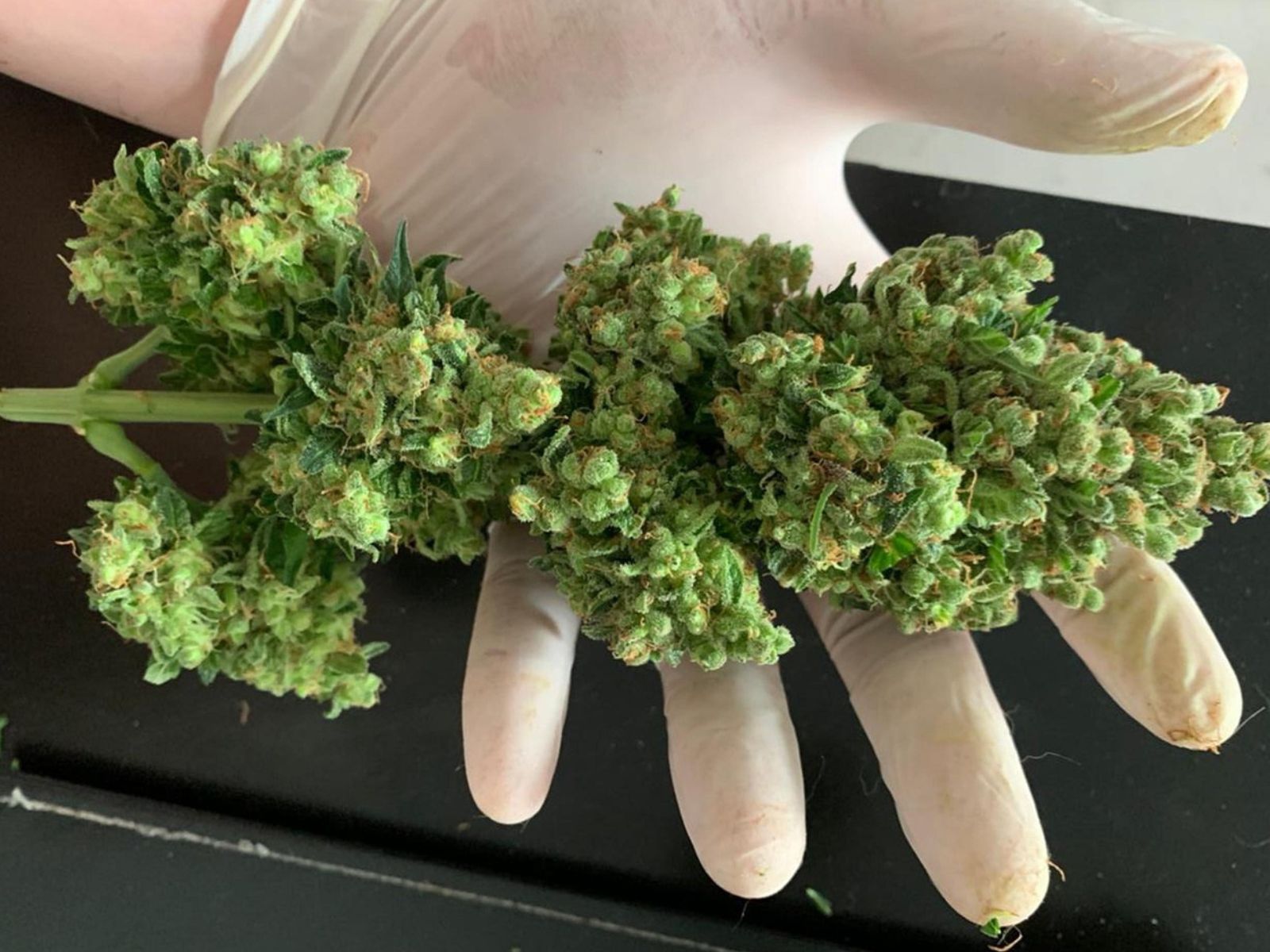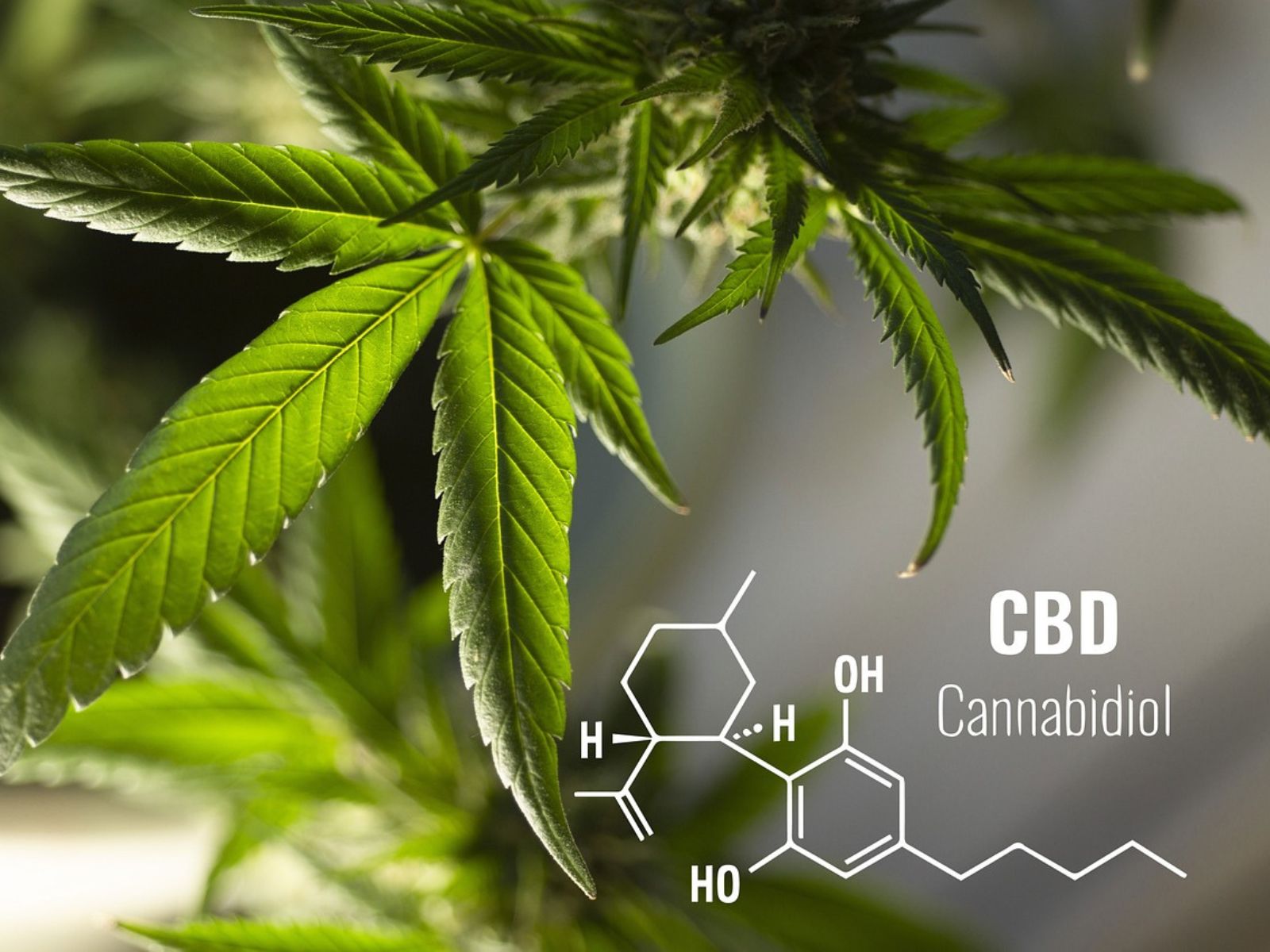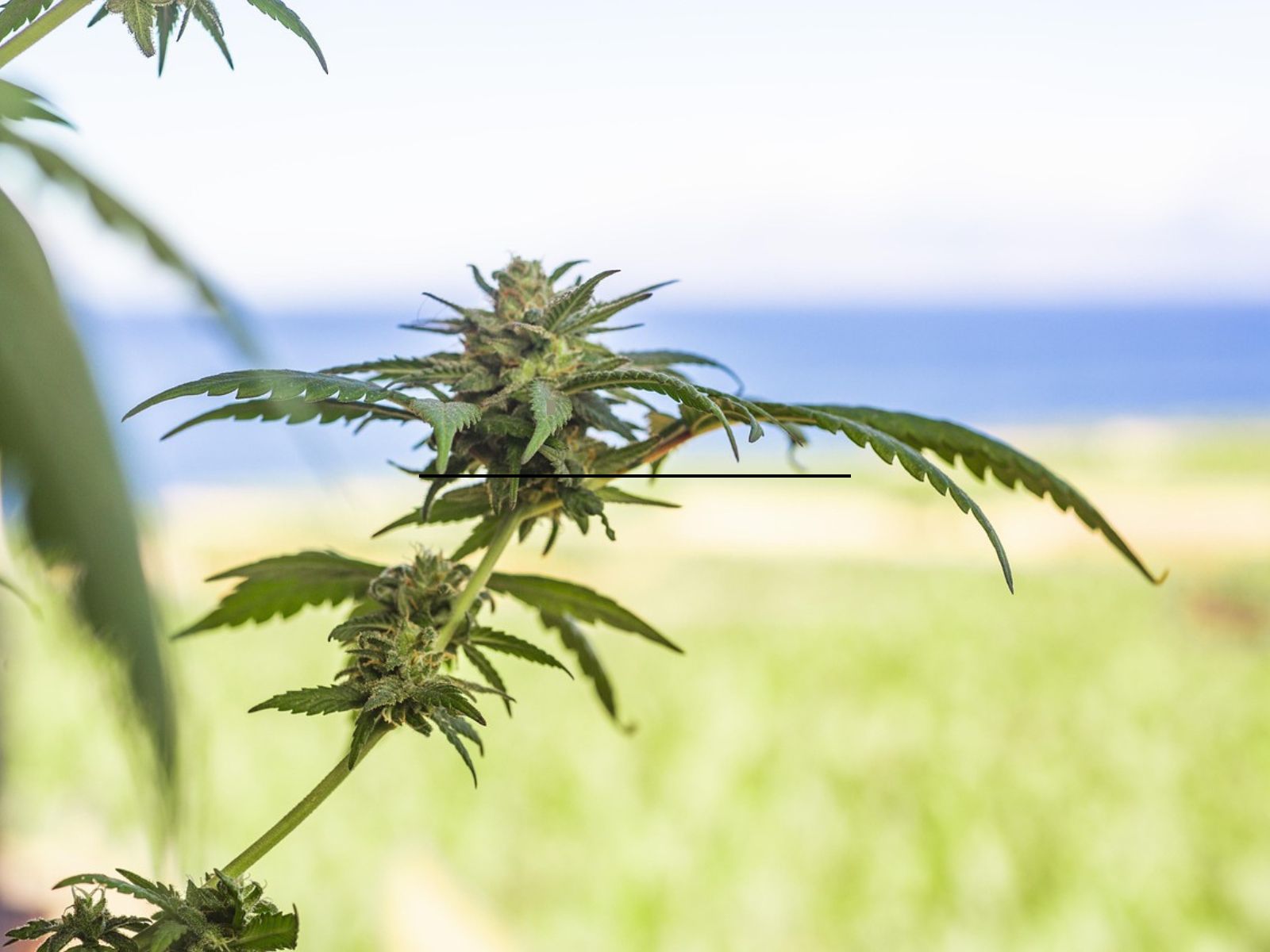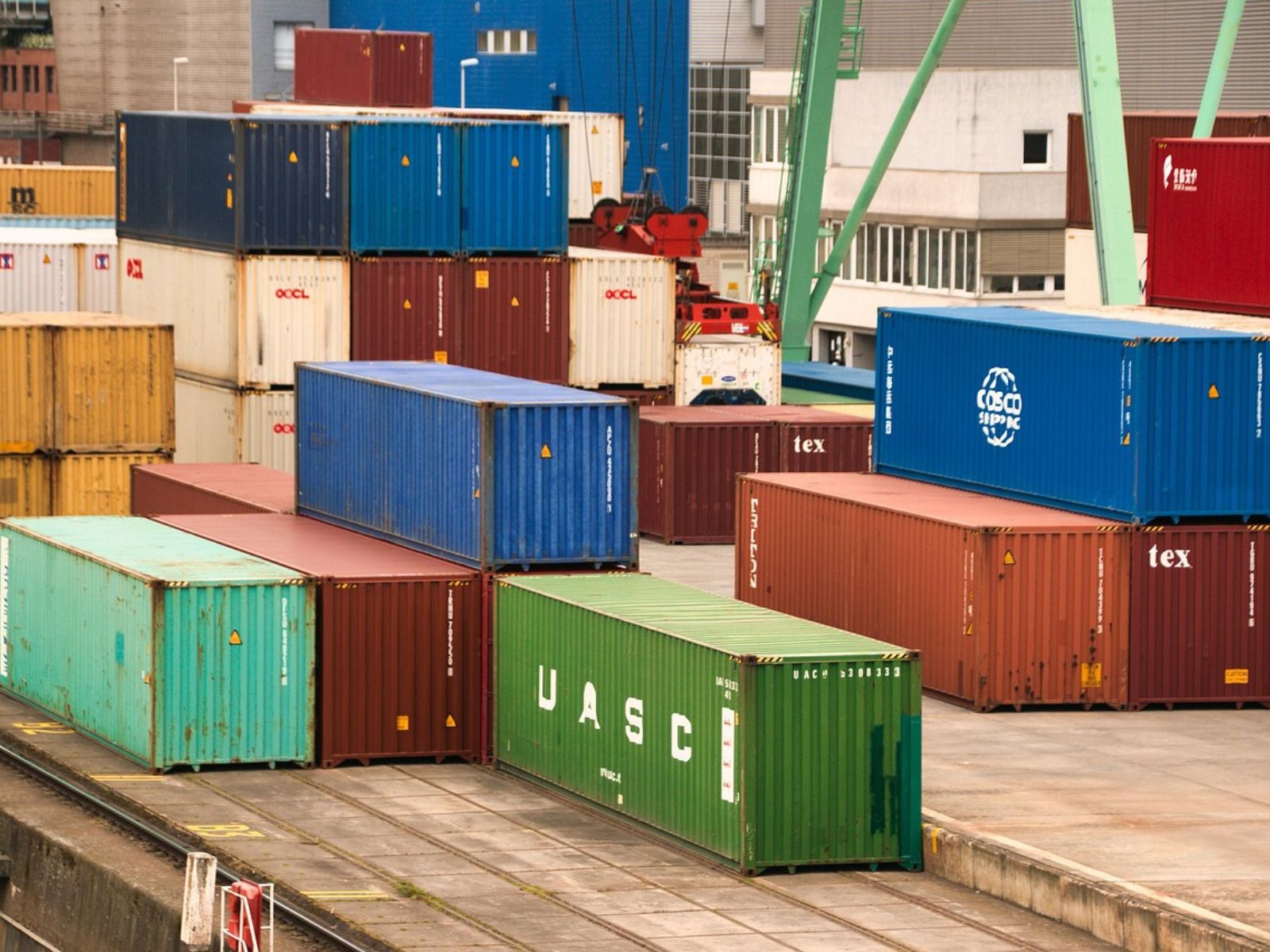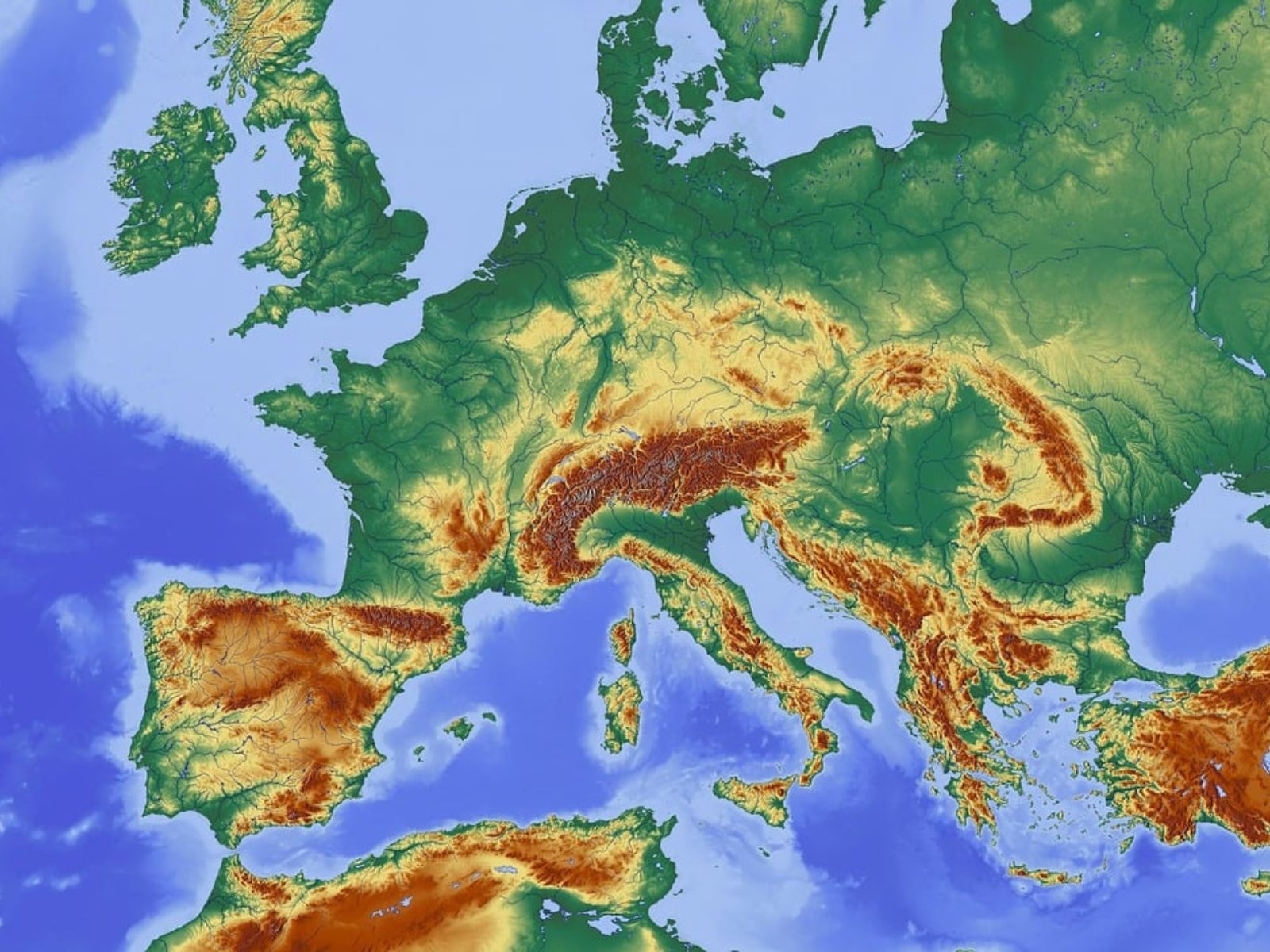
No Sustained Changes In Uruguay Youth Cannabis Use After Legalization

No Sustained Changes In Uruguay Youth Cannabis Use After Legalization
Uruguay will forever hold the distinction of being the first country on earth to pass an adult-use cannabis legalization measure. Uruguay made the historic policy change in 2013.
Nearly a decade later, only two countries have joined Uruguay on the legalization list – Canada and Malta. Out of the three countries that have passed legalization measures, only Canada and Uruguay currently allow legalized sales.
Researchers around the globe have kept a close eye on Uruguay to see what, if any, significant public health outcome changes occur due to legalization, with a particular focus on youth cannabis consumption rates.
Cannabis opponents always predict doomsday scenarios regarding youth cannabis consumption whenever cannabis reform measures are being proposed, including in Uruguay leading up to legalization.
A team of international researchers recently explored data specific to Uruguay and youth consumption rates, and fortunately for sensible policy advocates, there appear to be no sustained changes in youth consumption patterns. Below is more information about it via a news release from NORML:
New York, NY: The adoption of nationwide regulations governing the retail sale of cannabis to adults is not associated with sustained increases in young people’s cannabis consumption, according to data published in the journal Addiction.
An international team of researchers from Chile, the United States, and Uruguay assessed cannabis use trends in Uruguay among those ages 12 to 21 following legalization.
Uruguay initially approved legislation legalizing the use of cannabis by adults in 2013, although retail sales in licensed pharmacies did not begin until 2017. Under the law, cannabis sales are restricted to those age 18 or older who register with the state. Commercially available cannabis products may only be produced by state-licensed entities and sold at specially licensed pharmacies. THC levels are capped by regulators and government price controls are imposed upon flower. Limited home cultivation is allowed in private households.
Consistent with prior studies, researchers reported no significant changes in cannabis use patterns among either adolescents or young adults. Among those under the age of 18, marijuana use fell following legalization. Among those ages 18 to 21, cannabis use initially rose, but then decreased.
Authors concluded, “The legalization of recreational cannabis in Uruguay was not associated with overall increases in either past-year/past-month cannabis use or with multi-year changes in any risky and frequent cannabis use among young people.”
Numerous North American studies have similarly failed to identify any significant upticks in cannabis use by young people following the adoption of adult-use legalization in either US states or in Canada.
Full text of the study, “Does recreational cannabis legalization change cannabis use patterns? Evidence from secondary school students in Uruguay,” appears in Addiction. Additional information is available from the NORML fact sheet, ‘Marijuana Regulation and Teen Use Rates.’
Share article


Share article
Join Our Awesome Community
Join Our Awesome Community
Join Our Awesome
Community
Get all the latest industry news
delivered to your inbox


